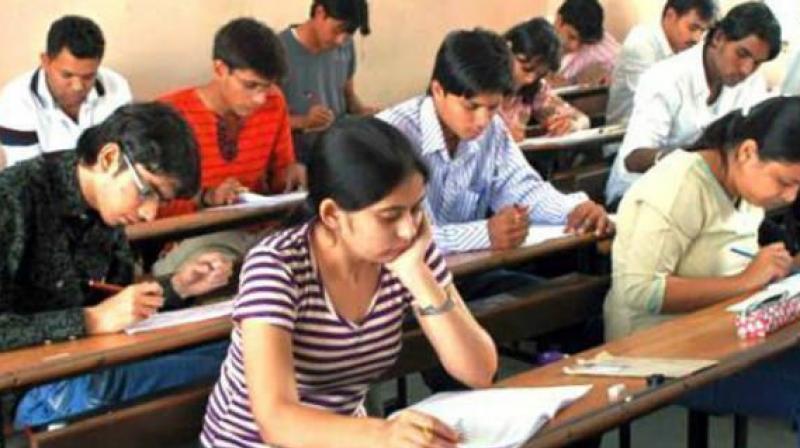Chennai: Proposed amendment to RTE Act evokes mixed reactions
Bid to increase enrolment in government schools.

Chennai: The Right to Education Act passed in Parliament on August 4, 2009, was considered by many to be a milestone move in the history of the nation. By passing this law, India joined the elite league of 135 nations that have made education the fundamental right of every child.
The act enforced from April 1, 2010, notes that all private schools should reserve 25 per cent of seats for children from the economically backward categories (which would be reimbursed to the schools by government) and that all children between the age of 6 to 14 years would be provided with free and compulsory education.
Nine years later in 2019, while the RTE has unarguably brought about some significant changes in the education scenario in the nation, the dwindling number of admissions to government schools has left government perturbed. Only last year did the Karnataka government pass an amendment to the act which notes that a child from economically weaker section of society can avail admission to a private school under article 21A of the Indian Constitution (right to education act) only if there are no government or government-aided schools within 1 km of their homes. This was seen as a solution to the declining rate of admission to government schools.
Faced with a similar crisis, Tamil Nadu seems to have followed suit with school education Minister KA Sengottaiyan announcing a proposed amendment to the RTE in the Assembly a few days ago. While some activists have vehemently opposed this proposal, a few see this as a welcome move.
Speaking to Deccan Chronicle, Dr Prahalathan, co-founder of Bhumi, an NGO that works on RTE and in the education sector, explains," One of the primary motives of the RTE is to bring about social inclusion in educational institutions.
This amendment will rob children from marginalised sections of society of this very opportunity. There are several reasons for the low rates of enrolment in government schools, starting with the public perception about the standard of government schools. This amendment will not necessarily change the trend. Take the case of Karnataka for instance. Despite enacting the amendment, admissions have decreased," he notes.
He says that another noteworthy aspect is that state government only spends 0.75 per cent of the state's education budget for the RTE scheme for reimbursements to private institutions.
Prince Gajendra Babu, a renowned educationalist, is however of a different opinion. He says," The amendment is a welcome move. If no one admits their children to government schools, how will the quality of these schools improve? If a parent has any issues with the facilities provided in a government school, s/he has every right to file a writ petition in the court and demand that all essential facilities be provided."
"The RTE Act ensures admission for a poor child into a private institution. But who will take care of the child's nutrition? There are no midday meal schemes available for children securing admission in private institutions under the RTE act," he points out.

